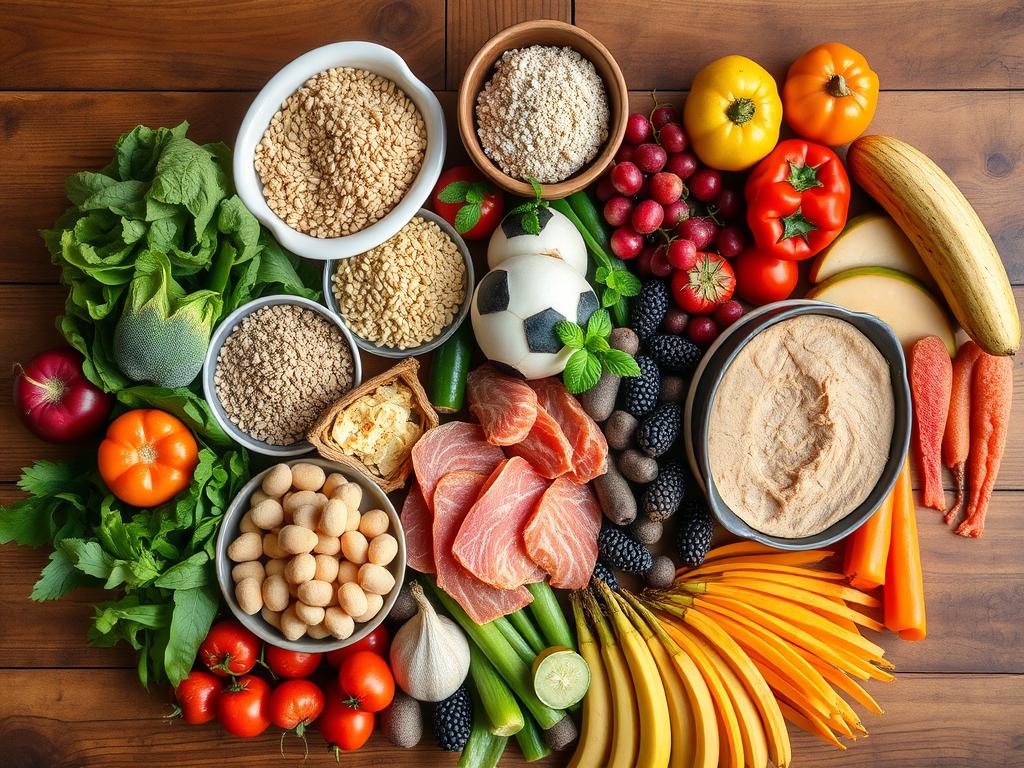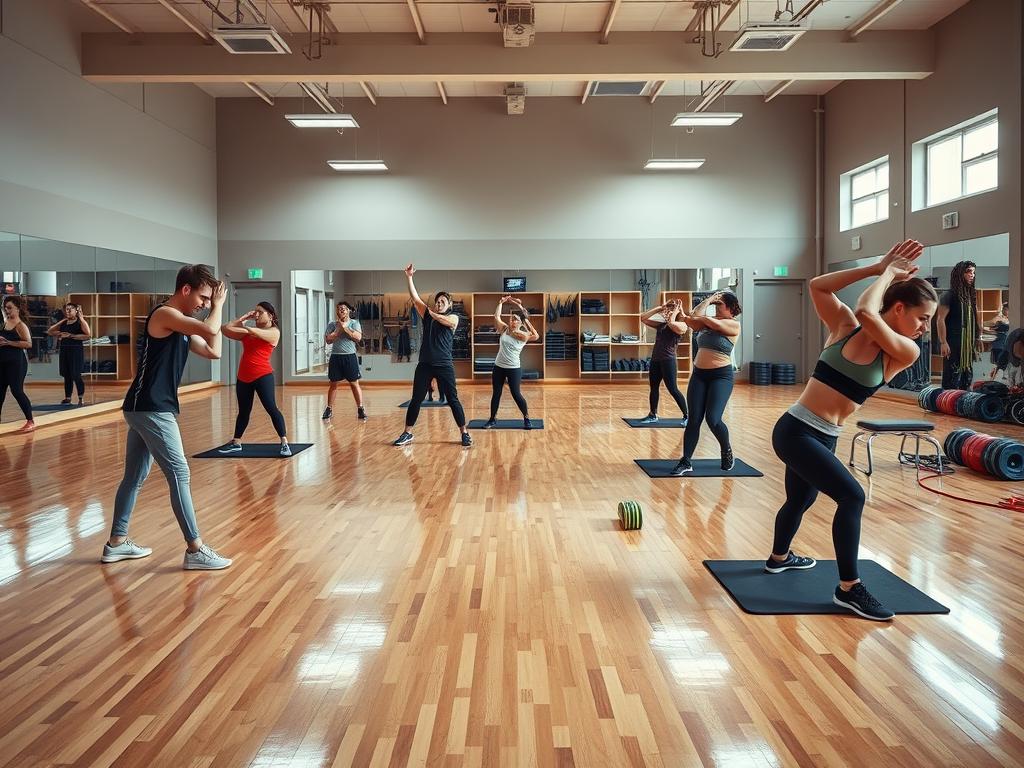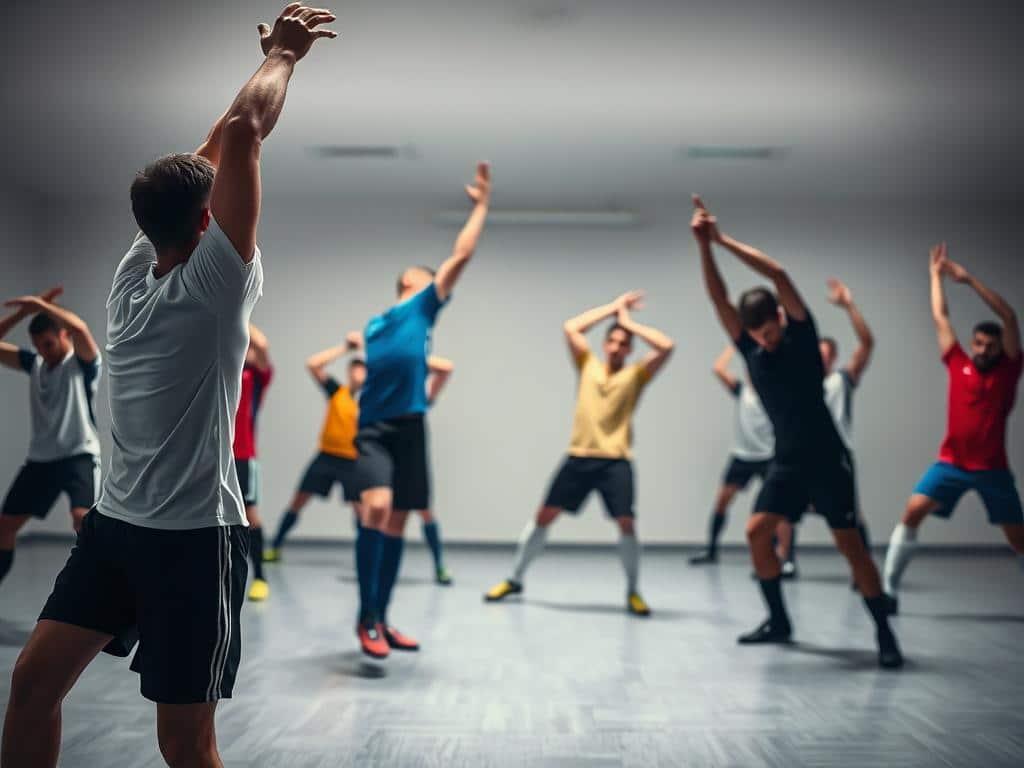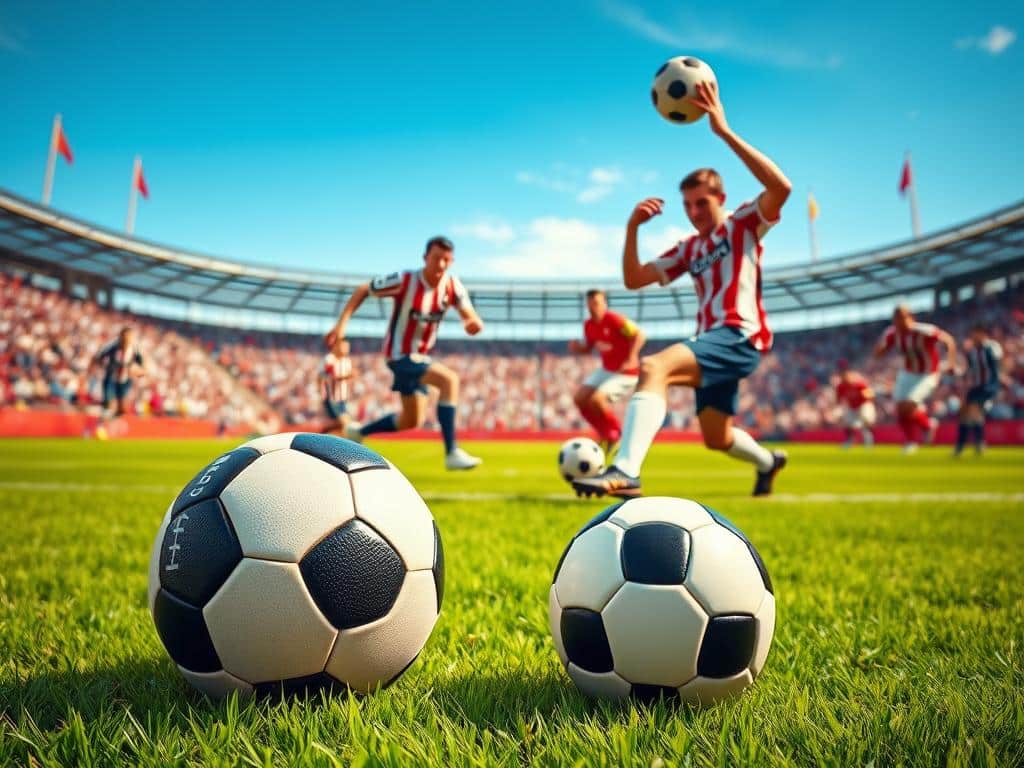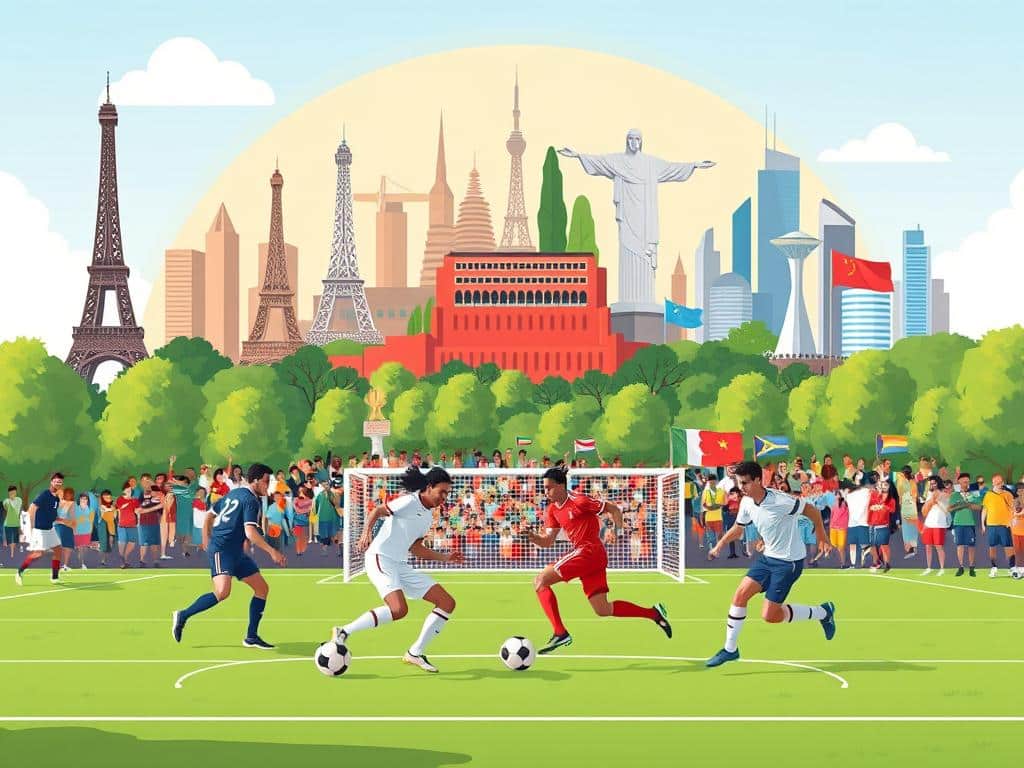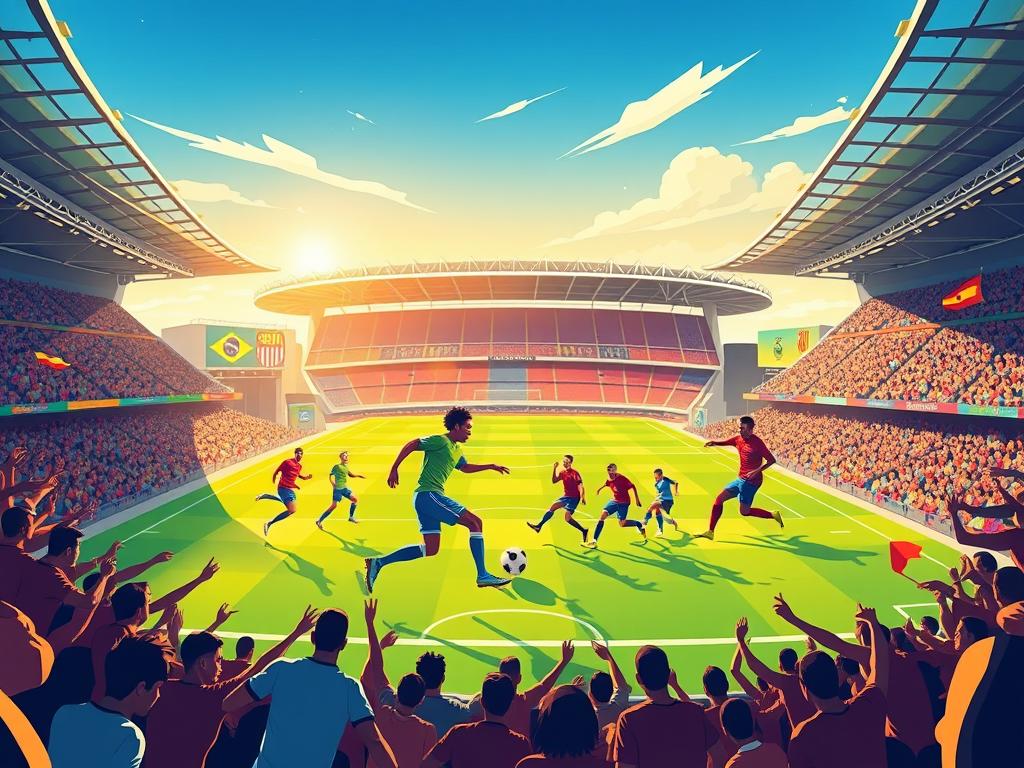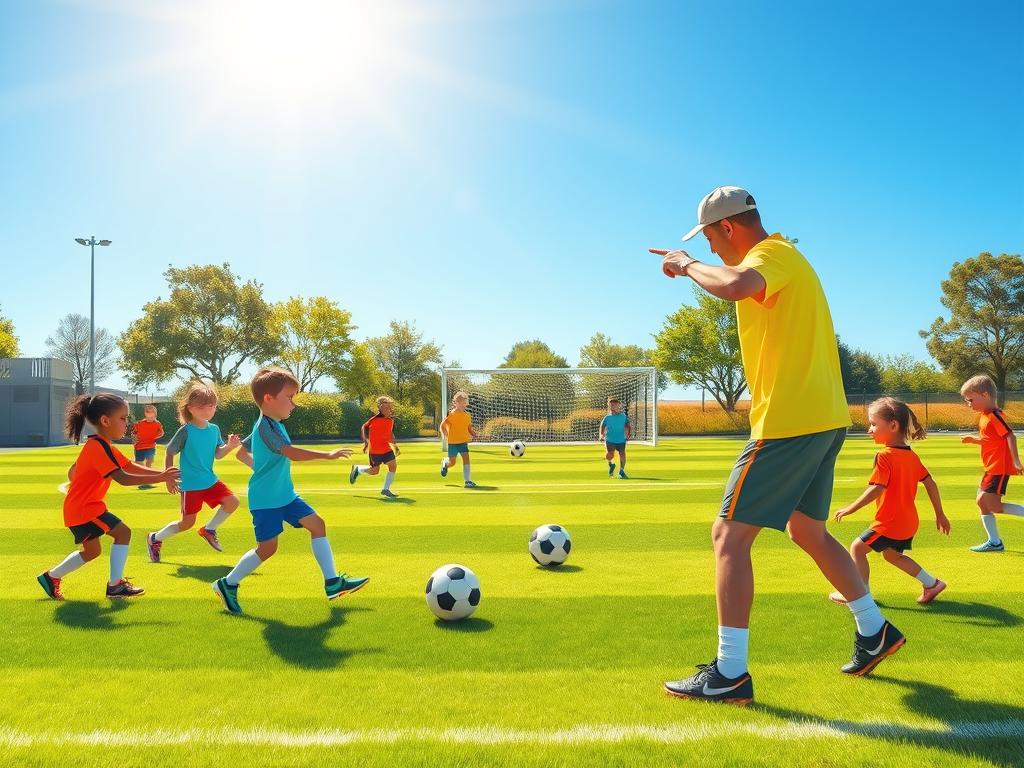Surprising fact: elite players can cover nearly 10 km in a single match, and that stop‑start sprinting can drain muscle glycogen fast—sometimes leaving you flat in the final minutes of the game.
You want to feel sharp when it matters. That’s where smart post‑game choices come in. Simple meals and timely snacks protect performance and help the body repair.
Soccer mixes aerobic work with explosive bursts that lower energy stores. Fueling with lean protein, quick carbs, wholegrains, and colorful produce restores glycogen and supplies key nutrients.
Hydration matters too. Rehydration and electrolytes can be decisive, especially if you play again the next day. This guide shows clear, practical sports nutrition tips that any athlete can use.
Key Takeaways
- Short-term fueling combines carbs and protein to speed repair and top up energy.
- Lean protein supports muscle repair and helps you feel ready for the next game.
- Wholegrains and produce deliver vitamins, minerals, and steady energy.
- Hydration and electrolytes matter when sessions are close together or in heat.
- Simple, repeatable meals beat complicated plans—consistency protects health and performance.
Why recovery nutrition matters after soccer today
Match play mixes steady running with sudden bursts, which strips fuel from working muscles fast. That pattern leaves you heavy in the final minutes on the field and slows the whole body down. Smart nutrition rewinds that process and protects your next game.
Soccer’s demands: muscle glycogen depletion, sprint repeats, and late‑game fatigue
Elite players can cover ~10 km, sprint 40–60 times, and flip directions constantly. Those actions drain muscle glycogen and stress fibers, so performance often fades late in the game.
- Repeated sprints cut into glycogen stores and raise repair needs.
- Both aerobic and anaerobic work mean you must refill energy and rebuild muscle.
- Targeting glycogen and protein supports faster performance recovery.
Timing your intake: the post‑game window for protein, carbs, and hydration
In the first hours after exercise, the body is primed to use nutrients. Aim to take 20–40 g protein within a few hours and match carbs to how hard the game was.
The International Society of Sports Nutrition suggests, within about 4 hours after long efforts, roughly 0.4 g carbs per pound plus 0.1–0.2 g protein per pound each hour to speed glycogen synthesis. Start with water, and use sports drinks when sweat losses are large to replace electrolytes without diluting salts.
Quick action points:
- Grab a carb+protein snack right away and again across the next few hours.
- Prioritize water; add a sports drink when sweating heavily.
- Plan simple items so you hit those key hours and protect performance.
best recovery foods after soccer
What you eat right after a match shapes how quickly your muscles rebuild. Aim for 20–40 g of protein in the first hours, and match carbs to how hard you worked. Simple combos are easiest to prep and follow.
Protein picks: grilled chicken, fish, eggs, Greek yogurt, tuna, and legumes top the list. These proteins help repair muscle and meet the 20–40 g target you need every few hours.
Carb choices: rice, potatoes, whole grain bread, quinoa, oatmeal, and fruits refill glycogen stores fast. Pair one carb with a protein to speed refueling.
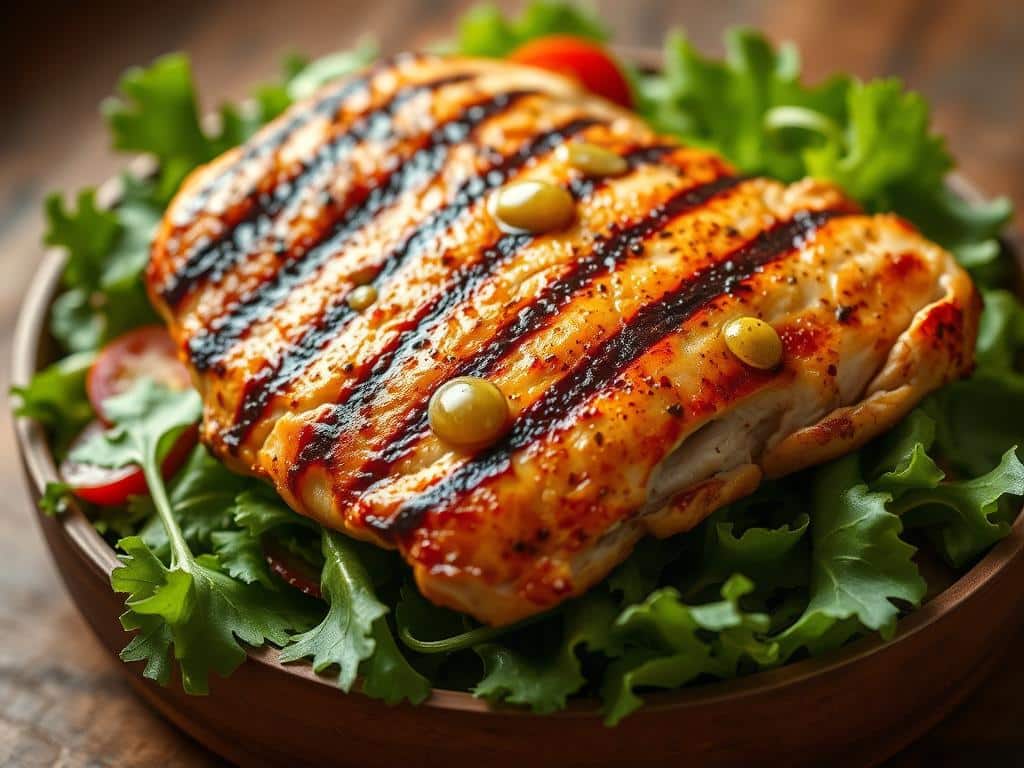
- Smart fats: avocado, nuts, seeds, olive oil, and salmon add calories and satiety without blocking repair.
- Hydration: start with water. Use sports drinks when sweat losses are large to replace electrolytes and carbs.
- Quick combos: salmon with sweet potato; chicken, rice, and vegetables; yogurt with granola and berries.
- Limit right after a game: fatty foods and energy drinks—they slow digestion and can disrupt sleep.
| Item | Portion | Why it helps | When to use |
|---|---|---|---|
| Grilled chicken | 4–6 oz | Lean protein to repair muscle fibers | Post-game main meal |
| Rice & potatoes | 1–1.5 cups cooked | Fast carbs to refill glycogen | Within 2 hours |
| Greek yogurt + fruit | 1 cup + ½ cup fruit | Protein and carbs in a portable snack | Right after play |
| Salmon & avocado | 4 oz + ½ avocado | Protein plus smart fats for fullness | Recovery meal or next-day lunch |
Keep it straightforward: one protein, one carb, one hydration choice. For more tips on timing and meal planning, see this guide to optimize post-game habits: optimize post-game recovery.
How to build post-game meals and snacks for performance recovery
Think like a coach: plan the meal so your body can rebuild and recharge. Small steps in the first hours set the tone for the rest of the day and your next game.
Within the first hours: carb-plus-protein targets and easy-to-digest meals
Aim for 20–40 g protein and a matching portion of carbs soon after play. That combo speeds muscle repair and tops up glycogen.
Choose easy-to-digest food: yogurt with muesli, a dairy smoothie, or rice with chicken and potatoes. Keep fats moderate so digestion stays quick.
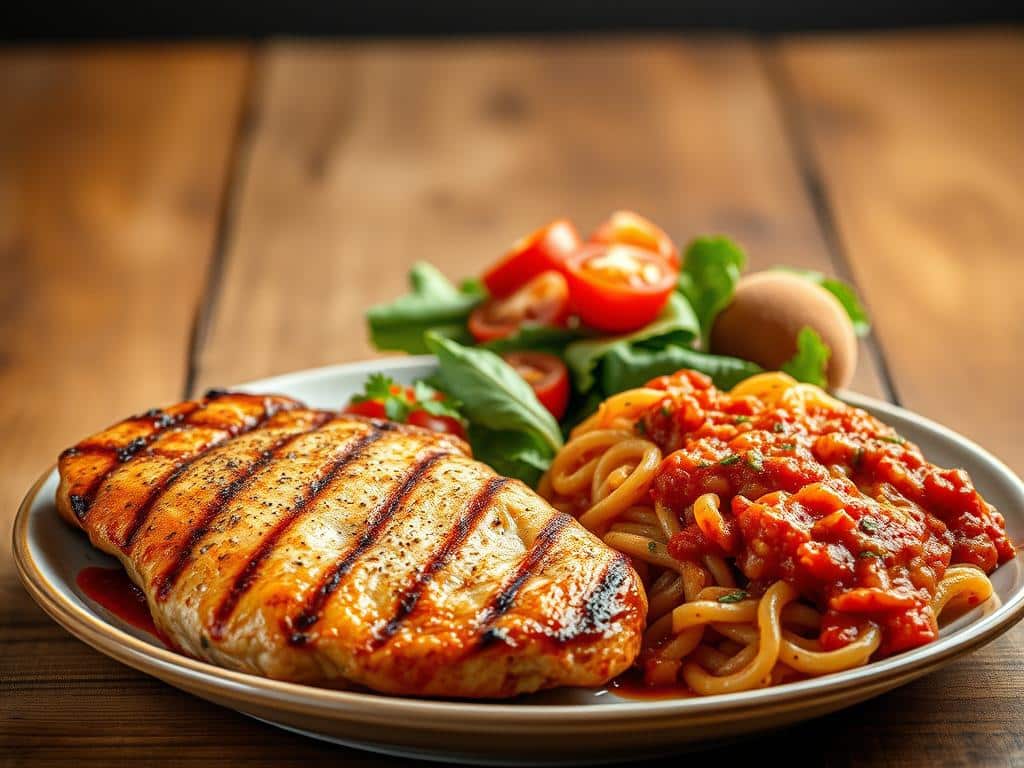
Real-world scenarios: weeknight matches, tournaments, and young athletes on the go
Weeknight match? Prep a turkey-and-whole grain wrap before kickoff so the meal is ready right away.
Tournament day? Pack portable meals: rice bowls, yogurt parfaits, peanut butter on whole grain, and simple drinks with electrolytes.
Young athletes benefit from two snacks plus one solid meal to support growth and repair. If appetite drops, choose smoothies to hit targets.
- One protein, one carb, one hydration choice, and one fruit or veg per meal.
- When turnaround is short, use smaller, frequent meals across the hours.
| Scenario | Quick meal | Target |
|---|---|---|
| Weeknight game | Turkey wrap + fruits | 20–40 g protein, steady carbs |
| Tournament | Rice bowl + yogurt | Portable carbs + protein, electrolytes |
| Young athletes | Smoothie + whole grain toast | Frequent snacks to support growth |
Fuel up, rehydrate, and get ready for the next game
Refuel smartly and you keep your energy ready for the next whistle. Choose a simple, balanced meal with protein, carbs, and fluids within the first hours, then spread smaller portions through the day.
Start with water, and use sports drinks when sweat losses are high so electrolytes stay steady. Avoid fatty foods and skip energy drinks that can hurt sleep and health.
Practical picks work: chicken and avocado sandwiches, dairy smoothies, yogurt with muesli, or a lean-beef burrito. These combos help rebuild muscle and refill muscle glycogen stores.
Make a three-meal plan you can repeat, add one or two snacks, sleep well, and your performance and body will thank you. Learn more for young athletes at nutrition for rookie players.

